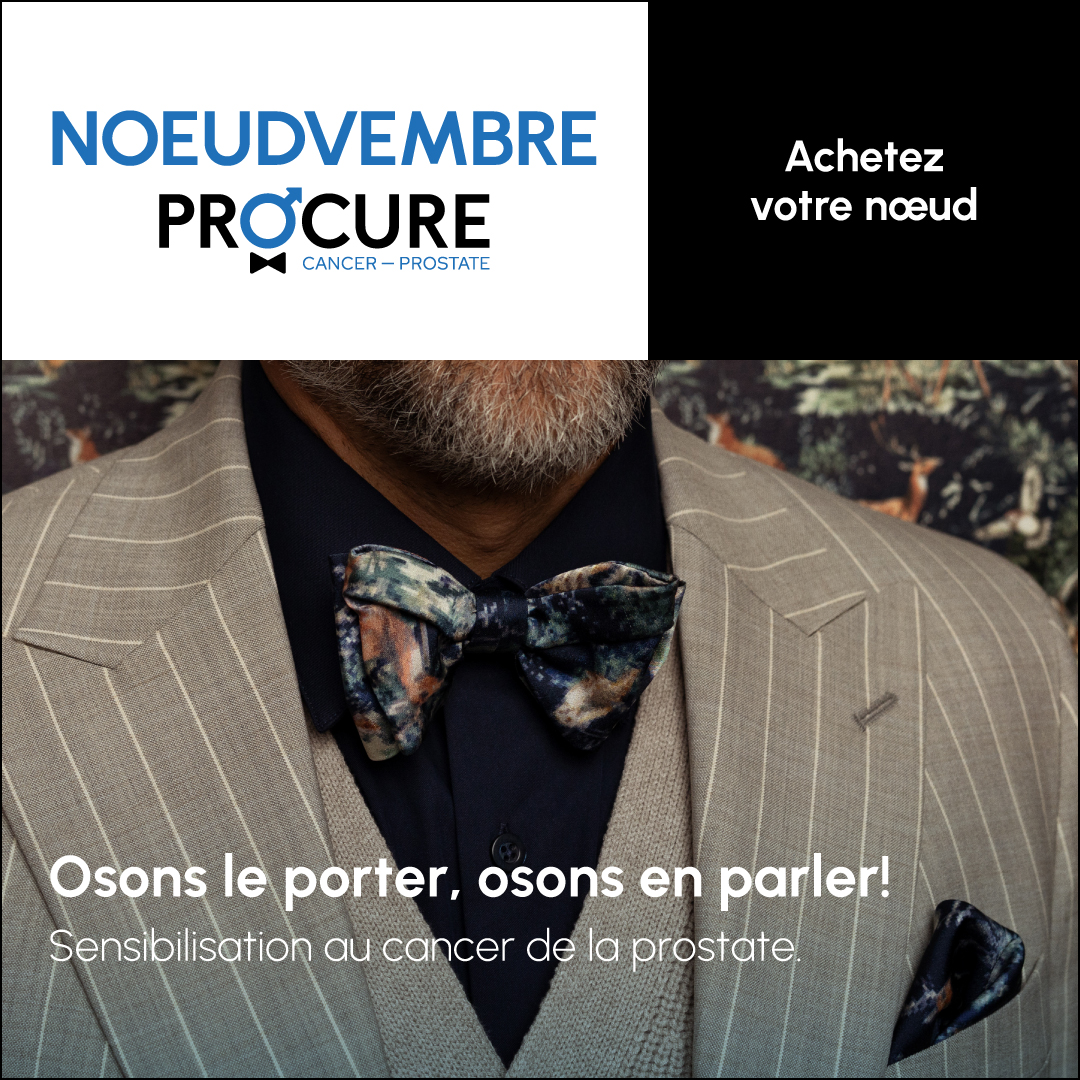Impact on you
Impact on you
Prostate cancer is typically a slow-growing cancer, which can be cured when detected at an early stage. Today, thanks to advanced technologies that enable early detection and new effective treatments against this disease, its progression is usually controlled for years and even cured in those affected.
Few things are as difficult as learning that you have cancer. The word itself casts a chilling shadow, as does the knowledge of the side effects and complications from treatment.
Much like the impact of breast cancer, the psychological effects of prostate cancer are deeply troubling to the sufferer. Prostate cancer touches a very sensitive place in the male psyche. For one thing, a man’s physical integrity is threatened by the risk of erectile dysfunction and urinary incontinence brought about by treatment. But even more profoundly, the disease troubles a man’s very perception of himself, his body, his sexuality and his intimate relationships.
For a younger man – A man of 82 who develops prostate cancer does not go through the same thing as a man of 49 who is still sexually virile and able to reproduce. Not only does the latter fear dying young, he also worries about losing his sexual powers. He might feel that “it’s all over,” that he is “no longer a man” and that his partner will abandon him. Most men in this age bracket are ready to do anything to cure the disease and will undergo the most aggressive treatment available.
For an older man – Older men tend to react differently. Generally less sexually active, these men may find it a little easier to accept having their prostate removed or losing the ability to achieve erections. On the other hand, they may have more trouble dealing with treatment side effects like urinary incontinence and be less willing to spend a great deal of time in hospital. They might therefore choose to undergo treatments with “milder” side effects.
The person hearing this terrifying news knows that life will never be the same, and emotions can range from denial to anger, despair to hope, and courage to fear, for both the patient and his or her loved ones. All of this is completely normal.
What you can feel
People who have cancer often experience a high level of stress that they may find difficult to deal with. There are so many unknown factors and so many questions to ask. What effects will the treatments have on me? Am I going to get better? Etc.
When you learn you have cancer
When you’re told you have cancer, it’s natural to react in one of these ways:
- experiencing a sense of “shock”
- not believing the diagnosis, especially if you haven’t had any symptoms
- feeling angry or feeling that the situation is so unfair
- having no reaction or just a mild reaction for a while
Many men also:
- feel they’ve lost control of their lives
- are afraid their body and self-image will change
- feel powerless, sad, guilty
- have a sense of lost masculinity
- worry about their family, work or financial situation
- worry about their relationship, their quality of life, their sexual life
These reactions reveal what you’re feeling inside. Pay close attention to your reactions. They will show you how you need to take care of yourself, reach out to your support system and find a new life balance.
Stages sometimes harder to overcome
Certain stages can be especially difficult:
- waiting for medical tests
- receiving test results
- discussing treatment options
- experiencing side effects
- finishing your treatment and resuming an active life
- coping with a reccurence
- accepting the end of life
How distress can manifest
Each person copes differently with illness and care. Some have stronger reactions and experience psychological distress. This can manifest as:
- physical signs: not related to the disease or treatments, Such as stomach or headaches, loss of appetite, insomnia, muscle tension, fatigue, difficulty concentrating, etc.
- unusual behaviors: losing interest in activities one enjoys, being irritable and aggressive, avoiding family and friends, being completely disorganized, turning to alcohol, etc.
- false beliefs: for example, thinking “it’s my fault I have cancer”, “I deserve what’s happening to me” or “my father had it, I should have been screened.”
- intense emotions: crying a lot, feeling very anxious or very angry, etc.
Monitoring signs of distress. These become worrying if:
- they are intense
- they persist for a long period
- the suffering is such that it is no longer possible to function in daily life, for example, not sleeping anymore, isolating oneself for fear of being judged by others, being constantly anxious
If you have previously consulted for a psychological problem, such as depression, tell your doctor. If you think you need help, talk to a member of your care team without delay. Depending on the case, the services of a psychologist may be helpful.
About 40% to 50% of men will need psychosocial intervention at some point during their journey. Consulting without delay allows for better psychological well-being and better adjustment to the demands of treatment and illness.
Important – In case intrusive thoughts of death become overwhelming or thoughts of suicide occur, seek help promptly or go to the emergency room of a hospital.
Who can help
It is well known that men are less likely than women to consult a specialist for a psychological problem. They are more modest, more withdrawn, and some feel that meeting a specialist undermines their masculinity. And this doesn’t really change with age.
Not all men with prostate cancer will need the intervention of a professional. About 55% to 60% of patients manage without it. As for others, even if they find it difficult and embarrassing, they should not hesitate to pick up the phone to make an appointment. This can have a beneficial effect on their quality of life, during and after treatment.
You can benefit from the support of several professionals at the same time or successively during your medical journey. To learn about their support role, consult our Depression and Anxiety page here.
- The psychiatrist
- The psychologist
- The sexologist
- The social worker
- Spiritual advisor
- Volunteer
What you can do
You know better than anyone else what makes you feel good. Often, the following actions help. Adopting healthy lifestyle habits benefits both the body and the mind.
Give yourself time
- There is a lot of information to remember, so don’t try to do it all in one day.
- You will surely have questions. Write them down to have them on hand for your next appointment.
- Your body needs time to recover after treatment.
Adopting healthy lifestyle habits will make you feel better
- Eat healthily.
- Get plenty of sleep: sleep is essential for proper recovery.
- Engage in activities you enjoy and that will relax you.
- Exercise regularly, such as taking a daily health walk.
- Socialize.
Accept help from others, they want what’s best for you
- They can offer practical help.
- They can provide emotional support.
- They can perform certain tasks for you if you have too much on your plate.
Also, give your time and attention to others
- Your loved ones also need comfort.
- Maintain good communication.
- Address problems as they arise.
Participate in managing your care
You can participate in managing your care by keeping a personal medical record of your health status and ensuring that all your doctors receive a copy of your test results. At each medical visit, you can inform your doctor about visits to other specialists. This approach will facilitate communication between each healthcare professional responsible for your care. Do not hesitate to consult them at any stage of your treatment and follow-up. They are part of your care team.
Other pages that might interest you
Additional Information - Facing cancer
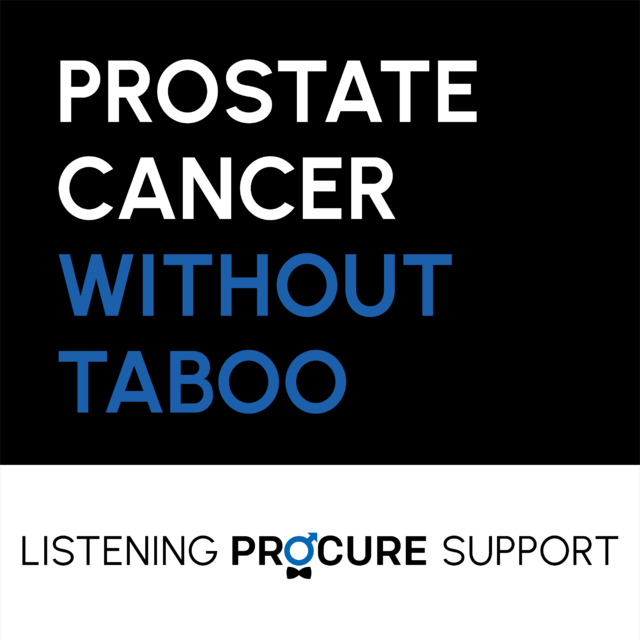
Urologist’s advice: Treatments and information on prostate cancer
Learn more about the role of the urologist and the importance for a patient to gather adequate information after receiving a prostate cancer diagnosis.
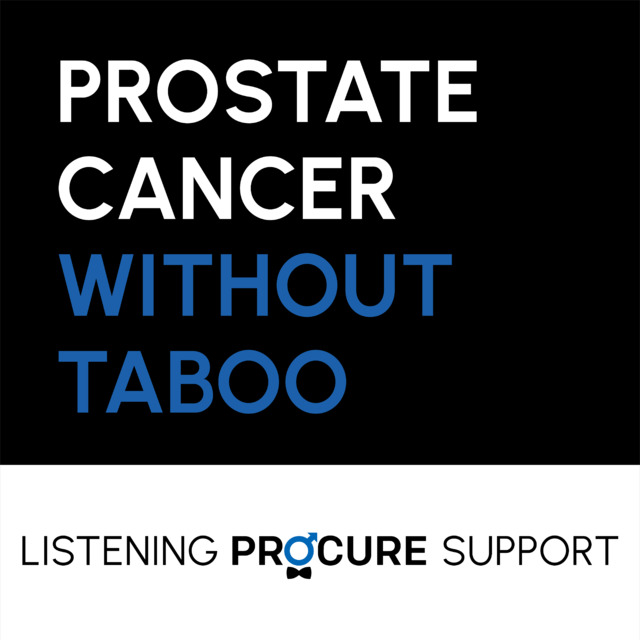
How I coped with prostate cancer
A man with prostate cancer shares the challenges of his cancer experience.
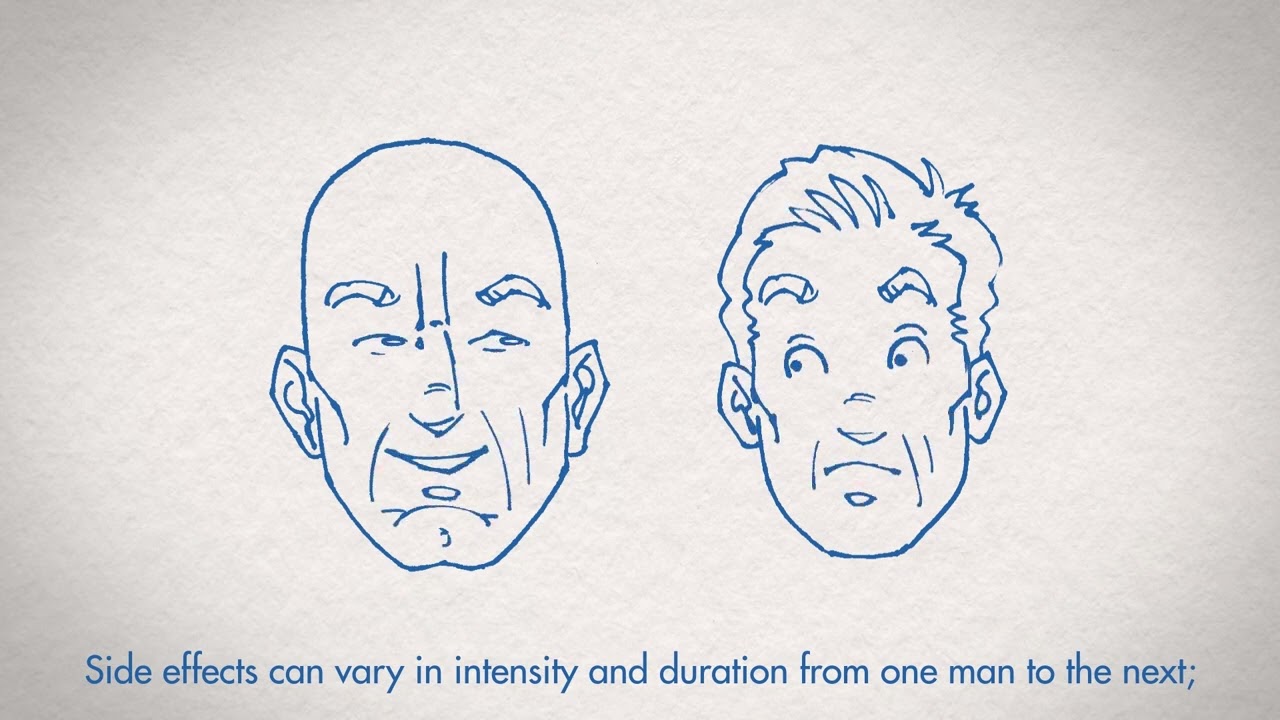
Your role as a patient
You’ve been diagnosed with prostate cancer? Your role is as important as that of your medical team.
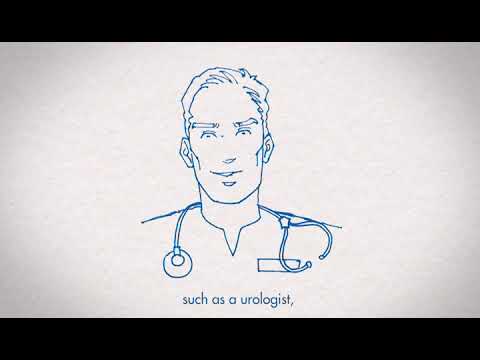
Diagnosis and treatment
Recently diagnosed with cancer? Educate yourself to fully understand your situation.
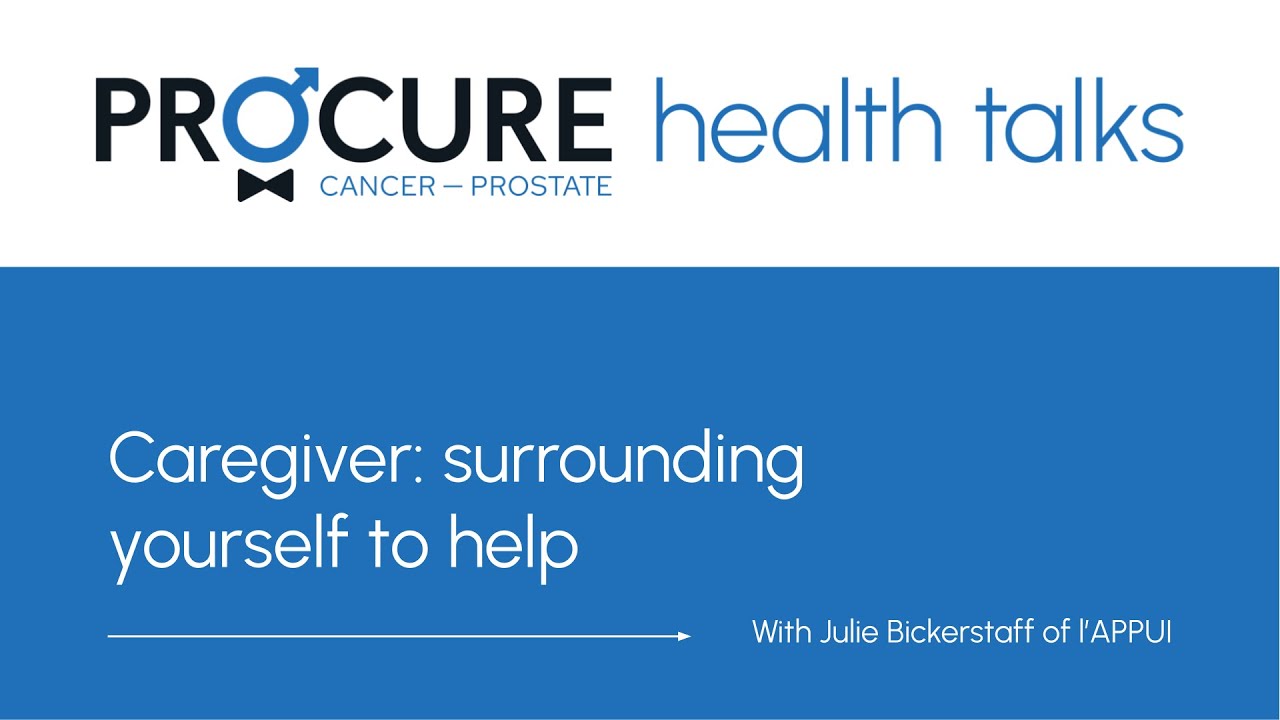
Caregivers: Surrounding yourself to help
The evolution of the disease of a loved one always requires adaptation from the person being helped as well as the caregiver. Know that there are resources to support you.

Living Fully, Drinking Moderately
Benefits of Drinking Less and Flavourful Recipes to Guide You Are you aiming for a healthy start to the year by reducing or completely abstaining from alcohol? It can be challenging, especially when many of our social activities revolve around drinking, such as “Happy Hours” or going to a bar with friends for a sporting […]

Rediscovering Well-being After Treatments
After completing treatments, people often feel a mix of concern and relief. The main focus during this transition is rediscovering well-being.

Do you have a curved penis?
Is your penis curved? Does it curve to the left, right, upward, or downward? You have a curved penis and you or your partner want to know why?

Orgasm without erection?
It is entirely possible for a man to achieve orgasm without an erection or penetration and there are several ways to achieve this.

Simple and easy-to-make healthy recipes
Regardless of the season, why not take the opportunity to cook simple and easy-to-make healthy recipes that are rich in nutrients beneficial for your heart and prostate?!

Fresh start with new habits
We don’t have to wait until January 1st to make a fresh start and adopt new habits. This decision can be made at any time during our life.

Does warm milk help you sleep better?
Can a glass of warm milk help you sleep better in the arms of Morpheus? The Rumor Detector wondered if the research has confirmed this.

I am a little bit diabetic
My doctor informed me that I am a little bit diabetic and that I will have to make important changes to my lifestyle.
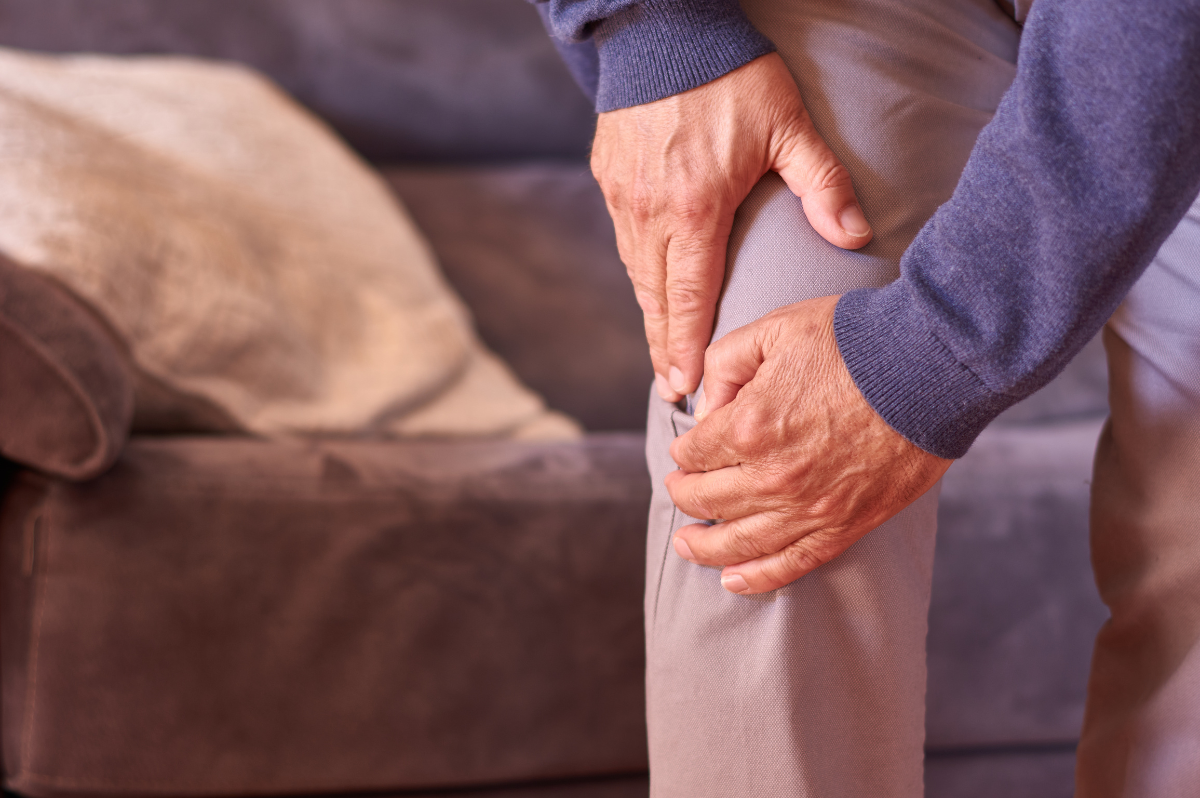
Caring for your bones in 5 points
Nicknamed “the silent thief” due to the absence of symptoms, osteoporosis is often only detected at a more advanced stage following a fracture.
Sources and references
Last medical and editorial review: April 2024. See our web page validation committee and our collaborators by clicking here.


